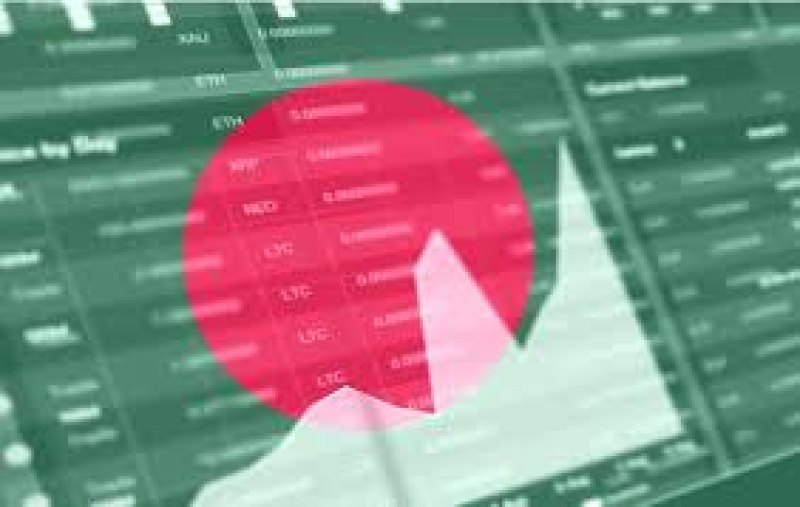- India Sees 9% Drop in Foreign Tourists as Bangladesh Visits Plunge |
- Dhaka Urges Restraint in Pakistan-Afghan War |
- Guterres Urges Action on Safe Migration Pact |
- OpenAI Raises $110B in Amazon-Led Funding |
- Puppet show enchants Children as Boi Mela comes alive on day 2 |
Bangladesh Economy Shows Signs of Recovery Amid Challenges

The economy of Bangladesh under the interim government, led by Nobel laureate Dr. Muhammad Yunus, has shown signs of recovery over the past eight months, with export growth, a stabilizing banking sector, and steady prices of essential commodities, according to bankers, economists, business leaders, and policymakers.
However, significant challenges remain, including job creation, restoring law and order, and attracting both local and foreign direct investment (FDI), said a senior leader of the Federation of Bangladesh Chambers of Commerce and Industry (FBCCI).
Md Anwar Shawkat Afser, outgoing president of the Dutch-Bangla Chamber of Commerce and Industry, emphasized the necessity of an elected political government to regain business confidence and sustain economic growth.
"Political stability, a sound law and order situation, a transparent and efficient bureaucracy, and continuity in long-term economic policies are crucial to attracting new investments," Afser told this correspondent.
He noted that large-scale investment is unlikely during the interim period, as investors seek a stable and politically strong government to ensure the safety of their capital. Dutch investments and new projects, he added, will likely materialize only after the restoration of an elected government.
Afser, also the managing director of Sakhi Lines Limited, Sakhi Petroleum Ltd, and Sakhi Port Ltd, pointed out that investors are closely monitoring the country's political and economic situation. The interim administration, he said, has been engaging with business leaders to restore momentum in the economy, despite hurdles such as corruption and financial irregularities.
Afser expressed concern over recent labour unrest and the closure of export-oriented garment factories, warning that prolonged instability could trigger social unrest. He stressed the importance of job creation and improved law enforcement to maintain economic progress.
Sharif Zahir, chairman of United Commercial Bank Limited and a leading garment exporter, underscored the need for a transparent, credible, and inclusive national election to solidify investor confidence. He praised the interim government's efforts in economic management but noted that sustainable progress requires long-term political stability.
The Asian Development Bank (ADB) has revised Bangladesh's economic growth projection downward to 5.1% for the current fiscal year, citing political unrest in July and August 2024, as well as flood-related disruptions. Earlier, the ADB had predicted a 6.6% growth rate.
The lender warned that tight fiscal and monetary policies, coupled with ongoing political uncertainty and financial sector vulnerabilities, pose risks to economic stability.
A top FBCCI official highlighted that for Bangladesh to become an economic powerhouse in the region, GDP growth needs to be maintained at 7-8% annually over the next decade. He noted that India’s economy has been consistently expanding at around 8%, while Sri Lanka is showing signs of recovery from its economic crisis.
Meanwhile, foreign employment has declined compared to the previous year, and the slow implementation of the Annual Development Programme (ADP) has further complicated the economic outlook.
The interim government, led by Dr. Yunus, has prioritized reforms in the banking sector, anti-corruption measures, and economic governance. Bangladesh Bank Governor Ahsan Mansur has been actively working on recovering laundered money, though he acknowledged that the process requires strong political commitment.
Exports have remained a bright spot, growing nearly 11% in the first eight months (July-February) of the fiscal year. The Export Promotion Bureau (EPB) reported that Bangladesh exported goods worth $32.94 billion during this period, with the ready-made garment sector continuing to be the primary driver.
The government has also taken measures to ease public hardship. Prices of essential commodities remained stable during Ramadan, offering relief to consumers. Additionally, the temporary closure of Bangla-medium schools in major cities helped reduce traffic congestion.
Chinese President Xi Jinping recently met with Chief Adviser Muhammad Yunus in Beijing, reaffirming China’s commitment to strengthening diplomatic and economic ties with Bangladesh. Xi emphasized that China would continue to support Bangladesh in safeguarding national sovereignty and fostering economic development.
This year marks the 50th anniversary of China-Bangladesh diplomatic relations, and both nations have pledged to enhance cooperation in trade, infrastructure, and people-to-people exchanges.
Despite progress in certain sectors, Bangladesh's economy faces critical challenges that require long-term solutions. Political stability, transparent governance, and economic reforms will be key to sustaining recovery and ensuring the country's future growth trajectory.

